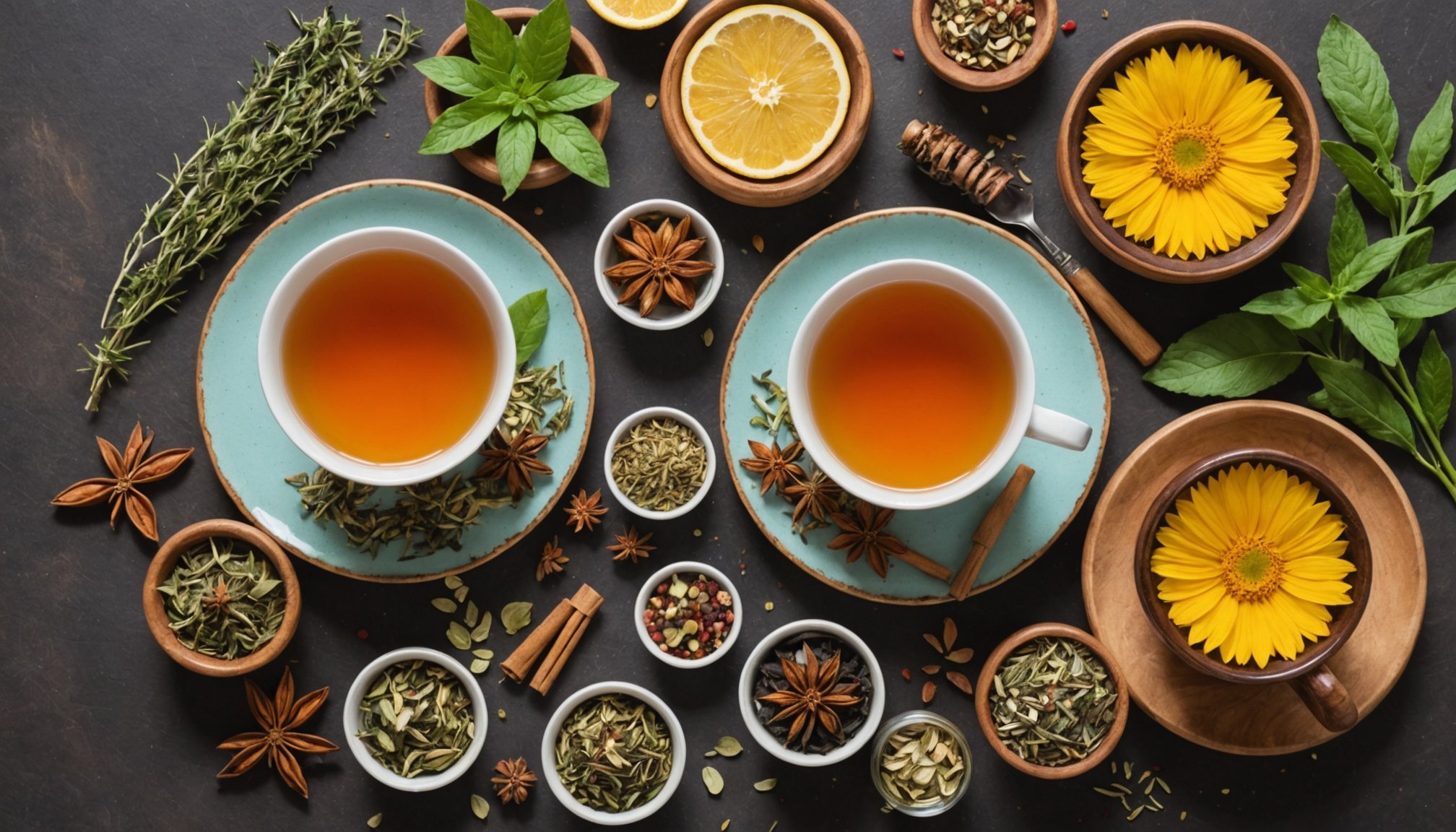Overview of Digestive Health Issues
Understanding digestive health is crucial for maintaining overall well-being. The digestive system plays a pivotal role in nutrient absorption, impacting energy levels and immune function. Common digestive issues include bloating, gas, and indigestion, which can arise from various factors.
Diet and lifestyle have a significant impact on gut health. For instance, high-fat and low-fiber diets can exacerbate symptoms by slowing digestion. Conversely, incorporating fibre-rich foods and staying hydrated can alleviate these concerns. Stress, lack of sleep, and irregular eating habits also contribute to digestive discomfort.
Also read : Exploring the benefits of deep pressure therapy for individuals with autism: an in-depth resource
Proactive management through simple changes can vastly improve gut health. Introducing probiotics and prebiotics, found in foods like yogurt and bananas, supports a balanced gut microbiome. Regular physical activity stimulates digestive processes, reducing the incidence of bloating and other issues.
Understanding the importance of gut health and addressing common digestive issues with thoughtful lifestyle modifications can enhance overall physical and mental health. Embracing these changes helps not only to alleviate symptoms but also to prevent future digestive challenges. Furthermore, the inclusion of beneficial herbs and teas can support ongoing digestive system health, offering a natural remedy for discomfort.
Also to see : Transform your mental well-being: key techniques to cultivate strong and healthy relationships
Beneficial Herbal Teas for Digestive Health
Herbal teas offer natural solutions for various digestive issues. Embracing these can complement traditional methods for maintaining digestive comfort.
Peppermint Tea
Renowned for its refreshing aroma, peppermint tea is a popular choice for soothing digestive discomfort. It helps alleviate bloating and gas by relaxing the muscles in the gastrointestinal tract. Peppermint tea also possesses anti-inflammatory properties that can ease indigestion.
Ginger Tea
Known for its zesty flavour, ginger tea is effective against nausea and vomiting. The active compounds, like gingerol, provide anti-inflammatory and antioxidant benefits, which can improve digestive health. It is particularly beneficial after meals to support metabolism and reduce stomach distress.
Chamomile Tea
Chamomile tea offers a gentle remedy for stress-related digestive issues. Its calming properties help reduce gastrointestinal irritation by relaxing the digestive tract. Additionally, it aids in relieving pain and discomfort associated with indigestion, making it a staple in digestive health remedies.
Incorporating these herbal teas can enhance digestive health by catering to specific needs, providing relief and promoting a balanced gastrointestinal system.
Properties and Benefits of Selected Herbal Teas
Embracing herbal teas can provide numerous therapeutic benefits for those seeking natural remedies for digestive issues. Each tea boasts unique properties contributing to its health advantages.
Peppermint tea is known for its relaxing effects on the gastrointestinal tract, which can effectively alleviate bloating and gas. Recent studies support these claims by highlighting peppermint’s ability to decrease symptoms of irritable bowel syndrome (IBS). Its menthol content acts as a natural muscle relaxant, making it an ideal choice for stress-induced digestive discomfort.
Ginger tea is celebrated for its anti-inflammatory properties. Compounds like gingerol have shown potential in easing nausea, vomiting, and stomach distress. This powerful root has been the subject of numerous scientific studies demonstrating its capacity to improve digestion and support metabolic processes.
Chamomile tea offers gentle relief from stress-related digestive upsets, thanks to its natural calming properties. It contains apigenin, a compound that binds to specific brain receptors, inducing tranquility and thereby diminishing gastrointestinal irritation. Personal anecdotes often credit chamomile as a comforting remedy for indigestion.
By understanding each tea’s distinct properties, individuals can harness these benefits to enhance their overall gut health.
Preparation Methods for Herbal Teas
Herbal teas offer great digestive remedies, but proper preparation is crucial for maximizing their benefits. Here’s a guide on how to achieve the most effective results.
Proper Brewing Techniques
An essential element of brewing herbal tea involves using the correct temperature and steeping time. For delicate herbs like chamomile, use hot but not boiling water to prevent bitterness. Peppermint and ginger can withstand higher temperatures, unlocking their natural solutions more effectively.
Recommended Dosages
Dosage plays a pivotal role in herbal tea’s effectiveness as a digestive remedy. Generally, 1-2 teaspoons of dried herbs per cup are sufficient. If you’re using fresh herbs, doubling the amount ensures optimal extraction of flavor and compounds. Overconsumption can lead to unnecessary side effects, so moderation is key.
Time of Consumption
Timing can significantly influence the tea’s effectiveness. Consuming peppermint tea after meals helps in alleviating gas and indigestion, while ginger tea is best enjoyed in the morning or after meals to aid digestion and metabolism. Chamomile, with its relaxing properties, is ideal before bedtime.
Incorporating these best practices into your routine ensures that you harness the full potential of herbal teas, providing both comfort and support for your digestive health.
Potential Side Effects and Considerations
Herbal teas are widely appreciated for their natural benefits in aiding digestive health, but it’s vital to consider their potential side effects. Each herbal tea, while beneficial, may exhibit unique reactions in individuals, especially those with specific health conditions.
Common Side Effects
General side effects may include mild allergic reactions or digestive discomfort. For instance, while peppermint tea is praised for reducing bloating, it can potentially exacerbate acid reflux symptoms by relaxing the lower esophageal sphincter. Similarly, ginger tea is a powerful anti-nausea remedy; however, excessive consumption could lead to heartburn due to its potent compounds.
Precautions and Recommendations
Certain herbal teas, such as chamomile, should be approached with caution by individuals with allergies to plants in the Asteraceae family. Pregnant women, nursing mothers, or individuals on medication should consult healthcare professionals before incorporating these teas into their routine.
To ensure safe consumption, start with moderate intake, observe any bodily reactions, and consult experts if needed. Maintaining awareness of potential interactions and allergies is essential for integrating herbal teas safely into daily habits. Regular monitoring helps in harnessing the health advantages while minimizing adverse effects.
Incorporating Herbal Teas into Daily Routines
Incorporating herbal teas into daily life enhances gut health, offering consistent benefits over time. Establishing a routine not only provides ready support for digestive issues but also complements overall dietary habits.
Start by integrating herbal teas into meals. A morning cup of ginger tea primes the stomach for digestion, while a post-dinner peppermint tea soothes the digestive tract. Adjust quantities to taste and desired aromatic intensity, ensuring moderation to avoid excessive consumption. Too much can lead to unintended consequences, counteracting potential benefits.
Explore creative ways to include herbal teas as snacks. Chamomile tea jelly or peppermint-infused smoothies provide delightful variations on tea consumption, making for enjoyable dietary inclusions. You can also infuse teas into meals like soups or dressings for a gastronomical twist.
Consistency is paramount when reaping the benefits of herbal teas. Regular consumption establishes a baseline of their digestive-supporting properties. Try them at different times throughout the day to identify which combinations work best for you. By persistently exploring personal preferences, you enrich your daily routine and harness the comprehensive benefits these teas offer for digestive resilience and overall wellness.
Summary of Insights and Recommendations
Incorporating herbal tea benefits into daily routines can greatly enhance digestive health. Here, we summarise the primary insights and offer practical advice for integrating these teas effectively into your lifestyle.
Herbal teas like peppermint, ginger, and chamomile provide specific solutions for common digestive issues. Their natural compounds offer unique therapeutic properties that can aid in reducing bloating, gas, and indigestion. Understanding these benefits allows for more informed choices in addressing personal digestive needs.
Digestive Health Tips
- Embrace herbal teas as a natural supplement to traditional digestive remedies.
- Tailor tea consumption according to individual digestive requirements for maximum effectiveness.
Actionable Advice
- Start gradually: Introduce herbal teas to reduce digestive discomfort, paying attention to your body’s responses.
- Incorporate consistently: Regular use enhances long-term gut health benefits.
- Experiment with preparation: Adjust brewing methods and consumption times to suit preference and efficacy.
By focusing on these strategies, individuals can fully leverage the digestive health benefits of herbal teas, making them a cornerstone of their wellness routine. Exploring personal preferences and keeping an open mind towards various herbal remedies may further enrich one’s holistic approach to digestive well-being.











